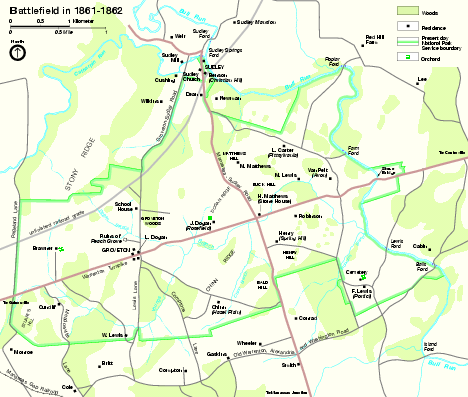
Artificial Intelligence By Janakiraman Ebook Download
Download Free eBook:Artificial Intelligence - Free chm, pdf ebooks download. Ebook3000.com free ebooks download. Artificial Intelligence: Advances in Research and Applications guides the reader through an intuitive understanding of the methodologies and tools for building and modeling intelligent systems.
An expert system is a computer program that represents and reasons with knowledge of some specialist subject with a view to solving problems or giving adv ice. To solve expert-level problems, expert systems will need efficient access to a substantial domain knowledge base, and a reasoning mechanism to apply the knowledge to the problems they are given. Usually they will also need to be able to explain, to the users who rely on them, how they have reached their decisions. They will generally build upon the ideas of knowledge representation, production rules, search, and so on, that we have already covered. Often we use an expert system shell which is an existing knowledge independent framework into which domain knowledge can be inserted to produce a working expert system. We can thus avoid having to program each new system from scratch. There are no fundamental limits on what problem domains an expert system can be built to deal with.
Some typical existing expert system tasks include: 1. The interpretation of data Such as sonar data or geop hysical measurements 2. Diagnosis of malfunctions Such as equipment faults or human diseases 3.
Structural analysis or configuration of complex objects Such as chemical compounds or computer systems 4. Planning sequences of actions Such as might be performed by robots 5.
Predicting the future. Expert systems can be distinguished from conventional computer systems in that: 1. They simulate human reasoning about the problem domain, rather than simulating the domain itself. They perform reasoning over representations of human knowledge, in addition to doing numerical calculations or data retrieval. They have corresponding distinct modules referred to as the inference engine and the knowledge base. Problems tend to be solved using heuristics (rules of thumb) or approximate methods or probabilistic methods which, unlike algorithmic solutions, are not guaranteed to result in a correct or optimal solution. They usually have to provide explanations and justifications of their solutions or recommendations in order to convince the user that their reasoning is correct.
Note that the term Intelligent Knowledge Based System (IKBS) is sometimes used as a synonym for Expert System. The knowledge acquisition component allows the expert to enter their knowledge or expertise into the expert system, and to refine it later as and when required. Historically, the knowledge engineer played a major role in this process, but automated systems that allow the expert to interact directly with the system are becoming increasingly common. The knowledge acquisition process is usually comprised of three p rincipal stages: 1. Knowledge elicitation is the interaction between the expert and the knowledge engineer/program to elicit the expert knowledge in some systematic way. The knowledge thus obtained is usually stored in some form of human friendly intermediate representation. The intermediate representation of the knowledge is then compiled into an executable form (e.g.
Production rules) that the inference engine can process. In practice, much iteration through these three stages is u sually required! Plants vs zombies garden warfare free game. The knowledge elicitation process itself usually consists of several stages: 1. Find as much as possible about the problem and domain from books, manuals, etc. In particular, become familiar with any specialist terminology and jargon.
Try to characterize the types of reasoning and problem solving tasks that the system will be required to perform. Find an expert (or set of experts) that is willing to collaborate on the project. Sometimes experts are frightened of being replaced by a computer system!